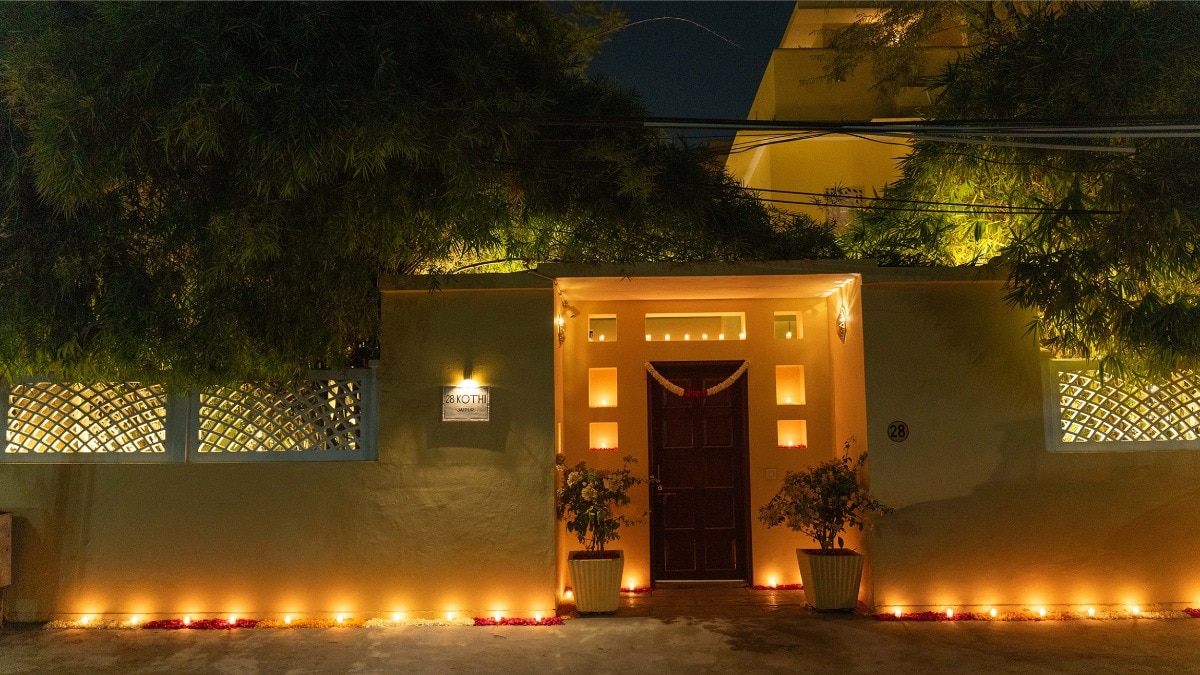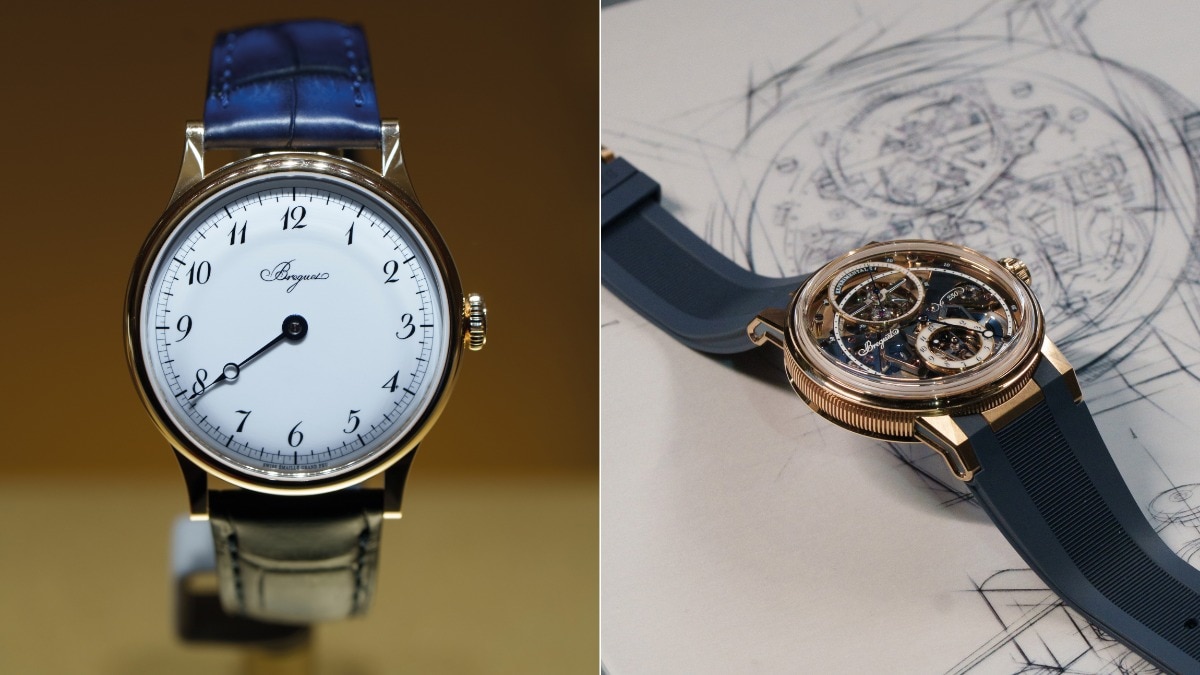
Are micro-routines helping us truly rest or just survive?
There's a fine line between simplifying your life and surviving on autopilot.


Adulting comes with its own set of challenges—hustling, chaos, and more of the same thing all over again. It's a routine we’ve all been pushed into, and sometimes taking a break, however brief, can be a nice relief. But for some reason, those breaks seem to be getting shorter over time. This is often the result of chronic overwhelm and burnout, a modern epidemic fueled by relentless demands and little room for pause.
Take self-care, for example. What was once a sacred me-time ritual defined by relaxing, pampering sessions has now been successively reduced to ‘five-minute beauty rituals for those on the run’. Every self-care act has turned into a quick ritual or regimen to help you save time. Be it a five-minute meditation, 90-second gratitude list, or a capsule wardrobe on rotation that is as formulaic as it is fuss-free. Even skincare routines have been trimmed down to the basic cleanser-serum-SPF regimen, giving off self-preservation rather than self-indulgence, which was the whole point all along.

For a culture that once glorified the 5:00 am club, ice baths, and burnout, micro-routines seem to be the new solution to coping with the hustle culture that normalises exhaustion as a badge of honour. Everyone, from Instagram therapists to productivity TikTokers, seems to be preaching about the gospel of “small steps” as if it is the secret to eternal calm. Basically, we’re being convinced that these miniature habits are the new markers of balance. But are they really helping us reclaim our time and headspace, or are they simply coping mechanisms masquerading as wellness?
From burnout to bite-sized relief
We have all dreamt about the morning routines that movies have often romanticised, where you wake up looking fresh as ever, lie in bed while you journal, and simply enjoy a slow morning over a quiet breakfast. Sadly, our reality could not be harsher or more contradictory. Instead of the slow morning montage, you have the groggy one, where you're already late, so breakfast is out of the question—maybe just a coffee on an empty stomach while you scramble through your inbox. And a 10-step skincare routine is swapped for a basic one that makes you look presentable enough for the day. Forget journaling to start the day on a positive note; you’re lucky if you manage to brush your hair and drink your coffee while it’s still warm.

So you make do with a few deep breaths and a quick stretch while your laptop powers up, which somehow makes you feel a little more awake. And soon enough, you realise that these tiny moments (barely routines) really start to matter more than you expected. And maybe that’s why they work. They’re not trying to overhaul your life. They’re not performative or perfect. They’re just small things that fit into the chaos. And on some days, that’s more than enough.
Still, it’s worth asking: Are we doing these things because they actually help, or because they’re all we can manage right now? Are these little rituals grounding us, or are they simply keeping us from unravelling?
The fine print of feeling better
The truth is, the language around wellness has changed over time. Instead of personalised routines and rituals, we look for things that are quick, realistic, and often easy to stick to. And while these might feel progressive, they reveal a hidden truth: we’re simply exhausted, and micro-routines serve as a coping mechanism rather than something we can actually enjoy.
It’s not that five-minute breathwork or three-step skincare routines are inherently flawed. Their simplicity is what makes them appealing. But when they become the only form of care we have time for, they begin to reflect a deeper issue: we’re carving out moments of quiet not from abundance, but from depletion. We’re constantly trying to feel better, but in ways that don’t demand too much from us or challenge the pace we’ve come to accept as normal.
This is the productivity mindset spilling into wellness, where even rest and recovery are timed, measured, and squeezed into packed schedules. The result? Self-care is becoming a task or performance, rather than being a restorative practice. And when this happens, it leads to an inability to access deep rest or real recovery, leaving us stuck in surface-level coping rather than healing.
Could micro-routines be enough?
“While small routines like a five-minute meditation or a quick journal entry can be really helpful—and they make self-care feel easy and manageable—the fact that so many of us rely on these short breaks points to a bigger issue,” counselling psychologist Ruchi Ruuh. Rightly so, a brief coffee break between meetings, a stretch on the bedroom floor, a skin tint dabbed on in the cab, can offer small moments of relief. But when everything in our lives becomes reduced to what is “manageable,” shrinking every experience to its most efficient version, we risk losing the joy of actually living it.
“The question to ask is: are we replacing real rest with these micro-breaks? When even our downtime has to be timed and efficient, it’s a sign that we’re not actually caring for ourselves. These micro-rituals may help us get through the day, but they also show just how overwhelmed we’ve become,” says Ruuh.
There’s also the pressure of having some form of self-care in your daily routine, no matter how small. Influencers romanticising their “hot girl walk” with a matcha in hand, filming their five-step wind-down routines for TikTok, or sharing aesthetically lit ‘Sunday reset’ reels. All of these trends make rest feel like a lot of work, requiring effort, planning, and good lighting. Even recovery starts to feel like a task on your to-do list.

But maybe that’s the point we’re missing. Micro-routines were never meant to be the whole picture. They offer structure, yes, and the occasional comfort, but they shouldn’t be mistaken for real rest. When every moment of pause starts to look like something to optimise or document, we lose the very stillness we’re trying to create.
What we may need isn’t another perfectly packaged ritual, but more space to simply exist—without ticking a box, curating the moment, or timing it. Because while these small habits help us get through the day, they rarely help us come back to ourselves.
Lead image: Netflix
Also read: How to make the most of your weekends if you have a demanding work life
Also read: Only 6 percent of Gen Z workers want to be the boss










